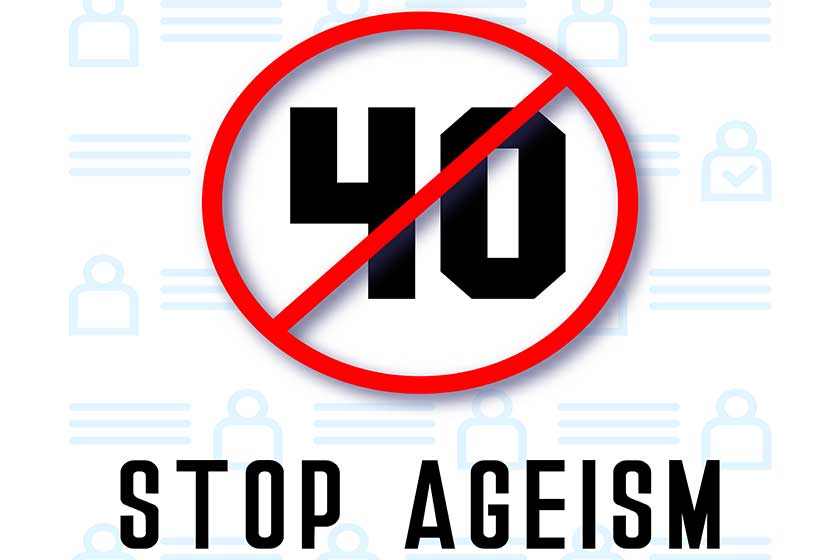Ageism, or discrimination based on age, is a pervasive issue that affects many older adults, undermining their dignity, independence, and contributions to society. It manifests in various aspects of daily life, from the workplace to healthcare settings, often leading to stereotypes that overlook the diversity and capabilities of the elderly population. This article explores practical strategies to combat ageism and empower elders, fostering an environment of respect and inclusivity. By challenging these stereotypes, promoting intergenerational understanding, and advocating for policies that protect the rights of older adults, we can begin to dismantle the systemic barriers that perpetuate ageism and create a more equitable society for individuals of all ages.
Educate Yourself and Others
One of the most effective ways to combat ageism is through education. Learning about the challenges and stereotypes that older adults face can help dismantle harmful biases. Share your knowledge with friends, family, and community members to spread awareness and challenge ageist assumptions. Whether through informal discussions, attending workshops, or sharing articles on social media, every conversation can contribute to a more inclusive society.
Challenge Ageist Language
Language shapes perception, and ageist language can reinforce stereotypes about older adults. Be mindful of the words and phrases you use when talking about aging. Avoid derogatory terms or phrases that imply older adults are inherently less capable or valuable. Instead, use language that respects their experience and contributions. Correcting ageist language in others can also be a powerful tool in changing societal norms.
Encourage Intergenerational Connections
Building connections between generations can help break down ageist stereotypes and promote mutual understanding. Participate in or organize intergenerational programs, such as mentoring schemes, joint volunteer projects, or shared hobby groups. These interactions allow younger people to appreciate the wisdom and experience of elders, while older adults can stay engaged with new ideas and perspectives.
Promote Inclusion in the Community
Inclusion is key to empowering older adults and combating ageism. Advocate for the development of age-friendly communities that cater to the needs of elders in all aspects, from accessible public spaces to inclusive programming. Participate in local councils or forums to ensure the voices of older adults are heard and considered in community planning and decision-making processes.
Highlight Positive Representations
Challenge the narrative that aging is a decline by highlighting and celebrating the achievements and contributions of older adults. Share stories of elders who are making a difference, whether in their communities, in the arts, in politics, or in other fields. By showcasing the diverse and valuable roles that older adults play in society, we can help shift the perception of aging from one of loss to one of continued growth and contribution.
Combatting Ageism
Combatting ageism requires a concerted effort from individuals and communities alike. By educating ourselves and others, challenging ageist language, fostering intergenerational connections, promoting inclusion, and highlighting positive representations of aging, we can create a more equitable and respectful society for elders. Remember, aging is a natural part of life, and older adults deserve to live with dignity, respect, and the opportunity to contribute to society in meaningful ways.







